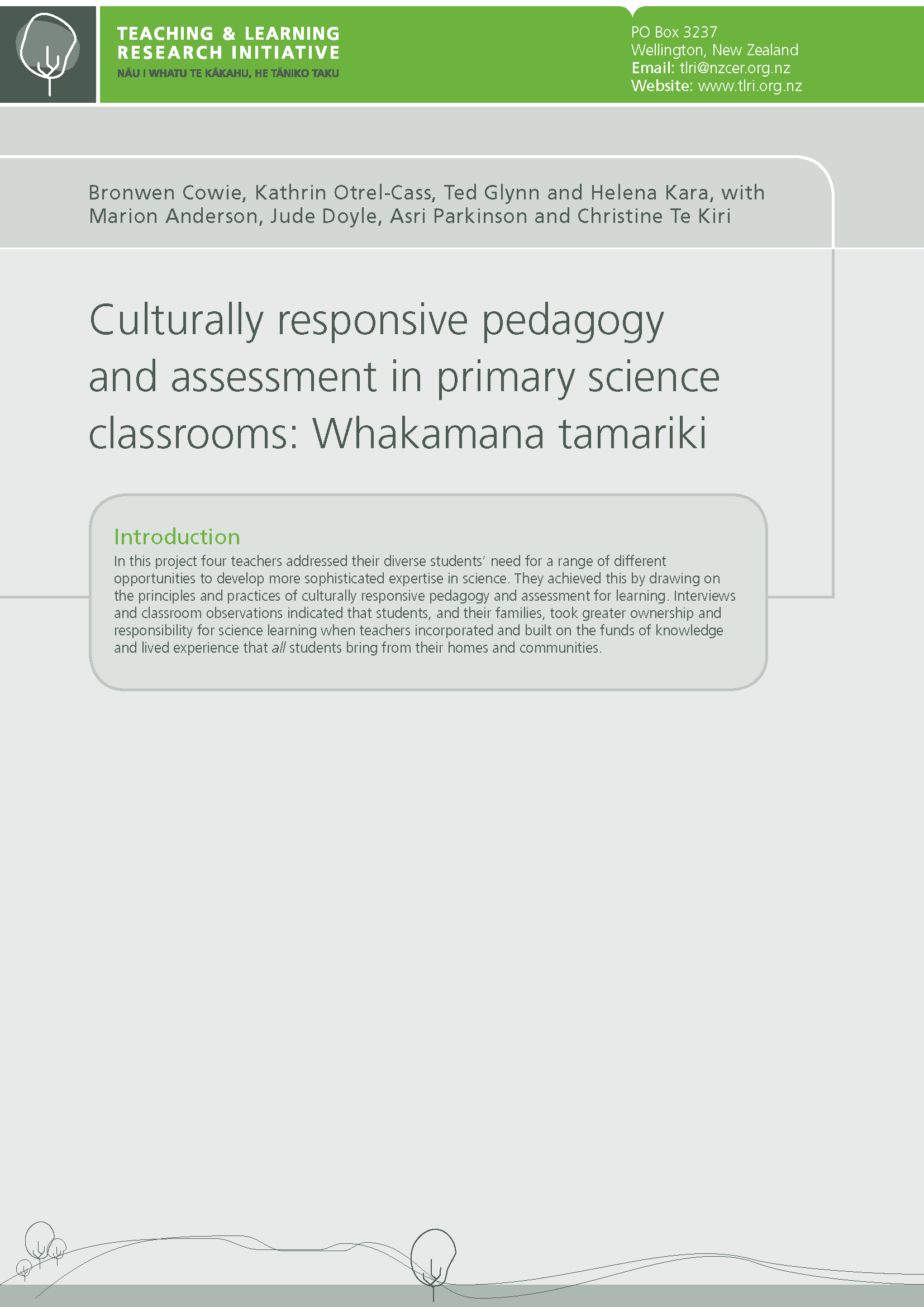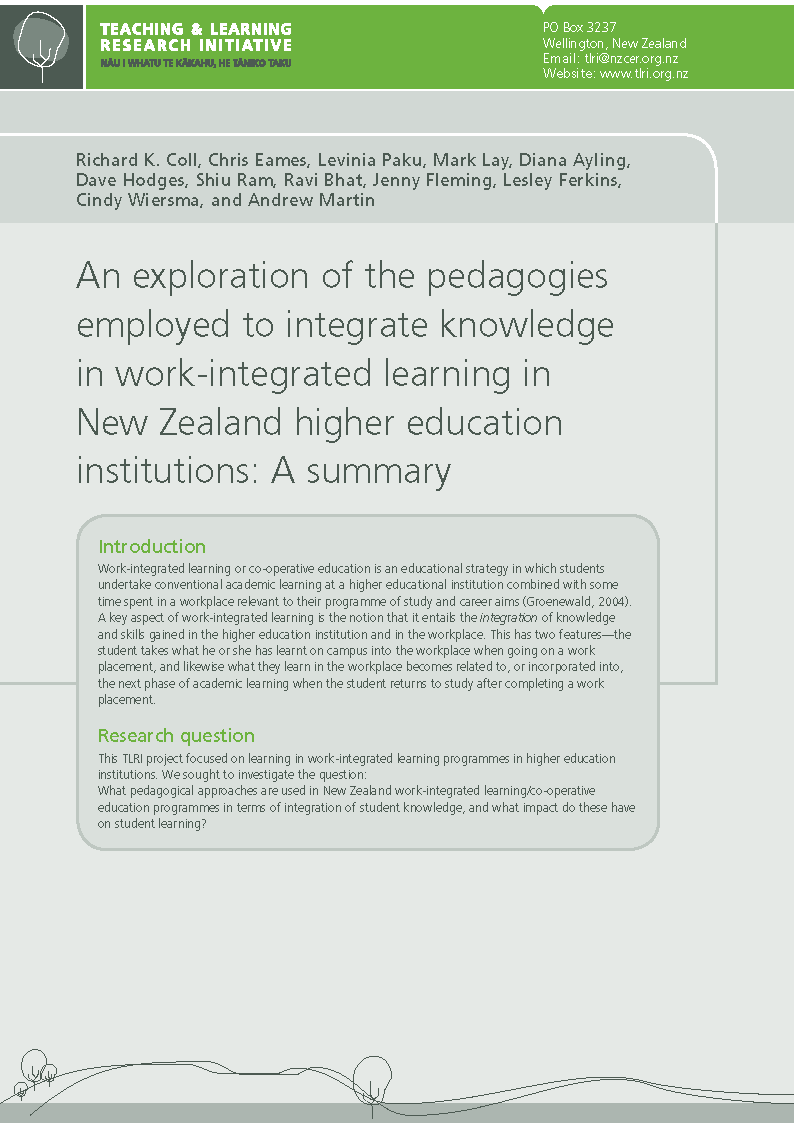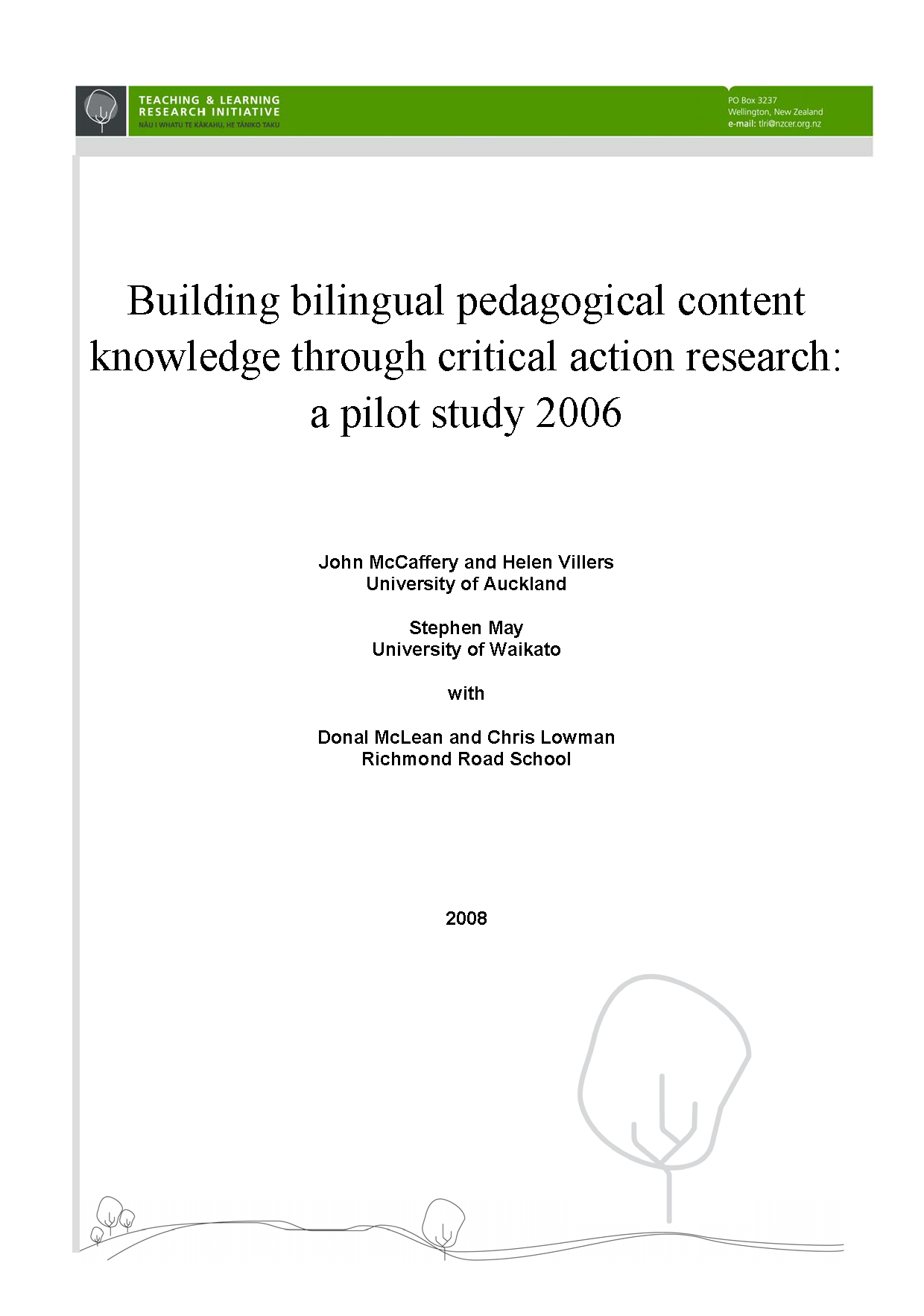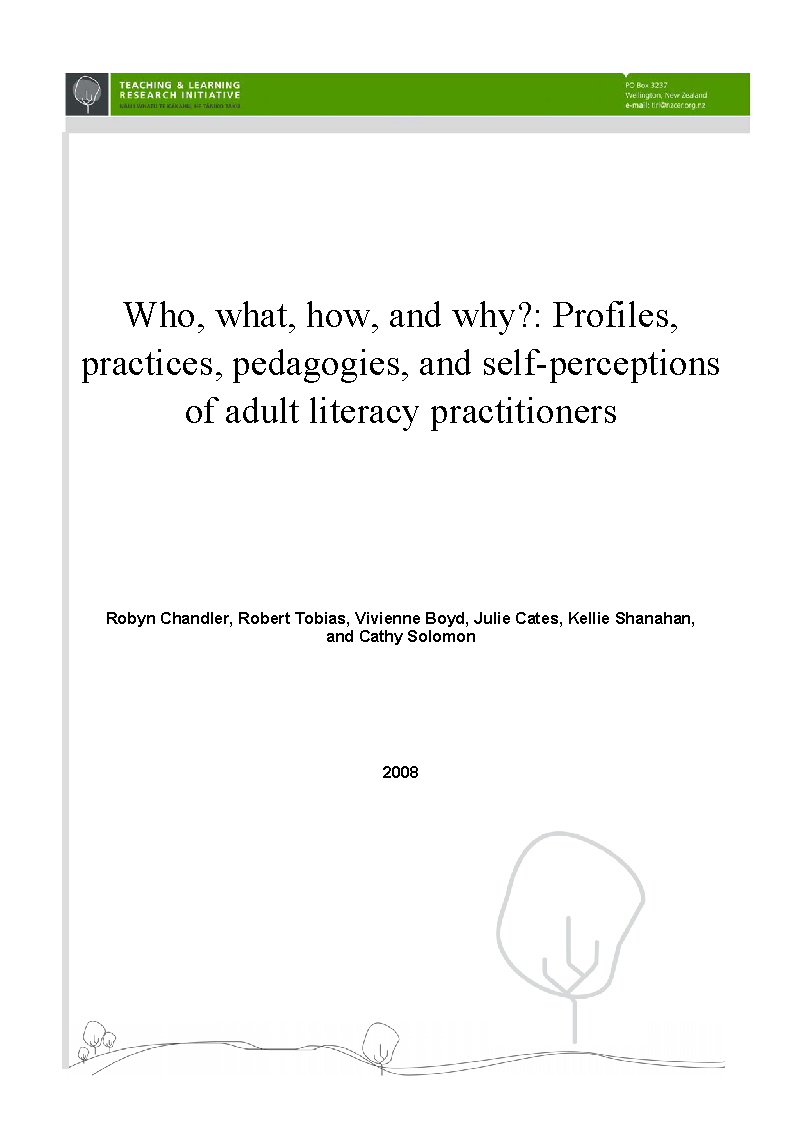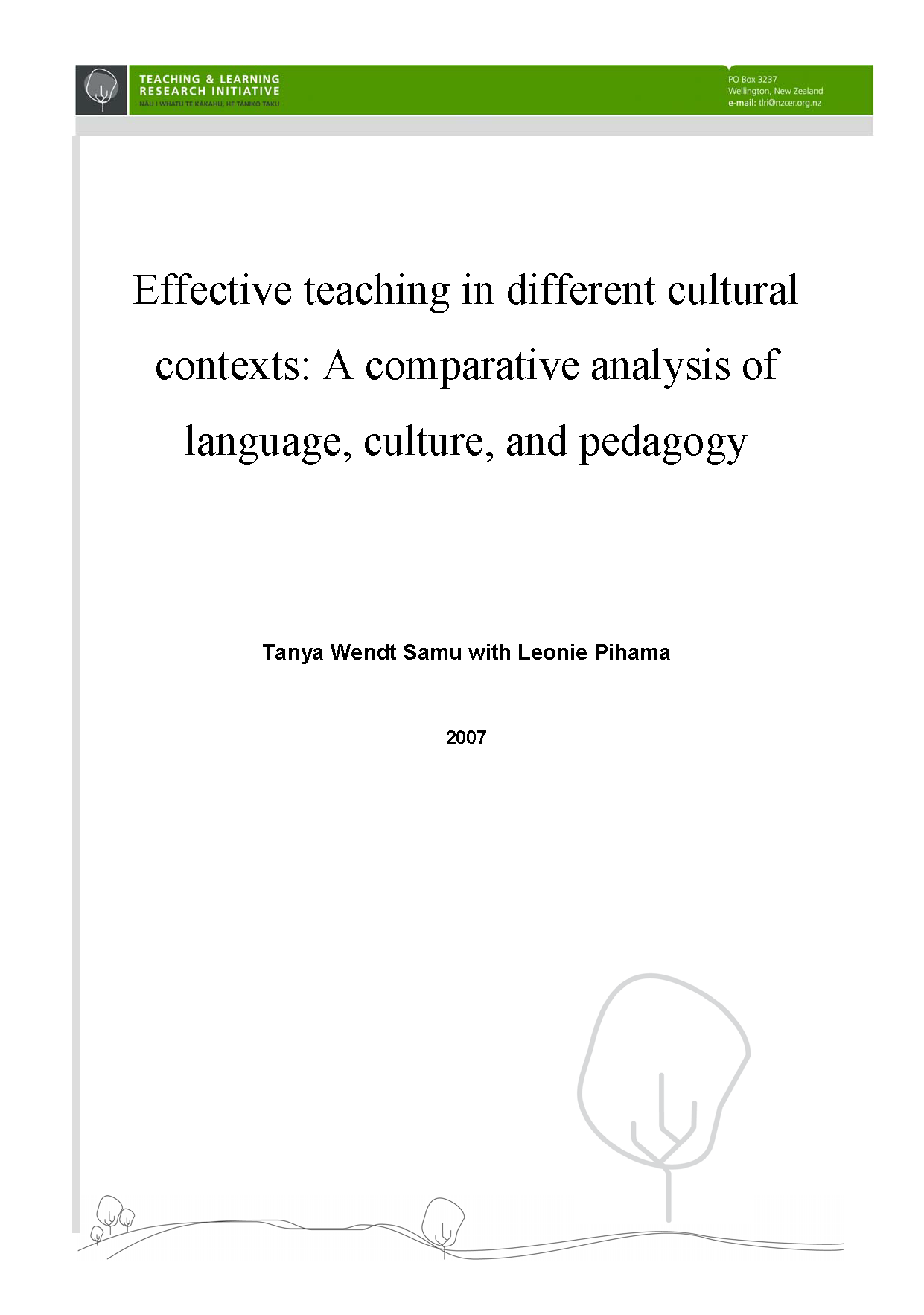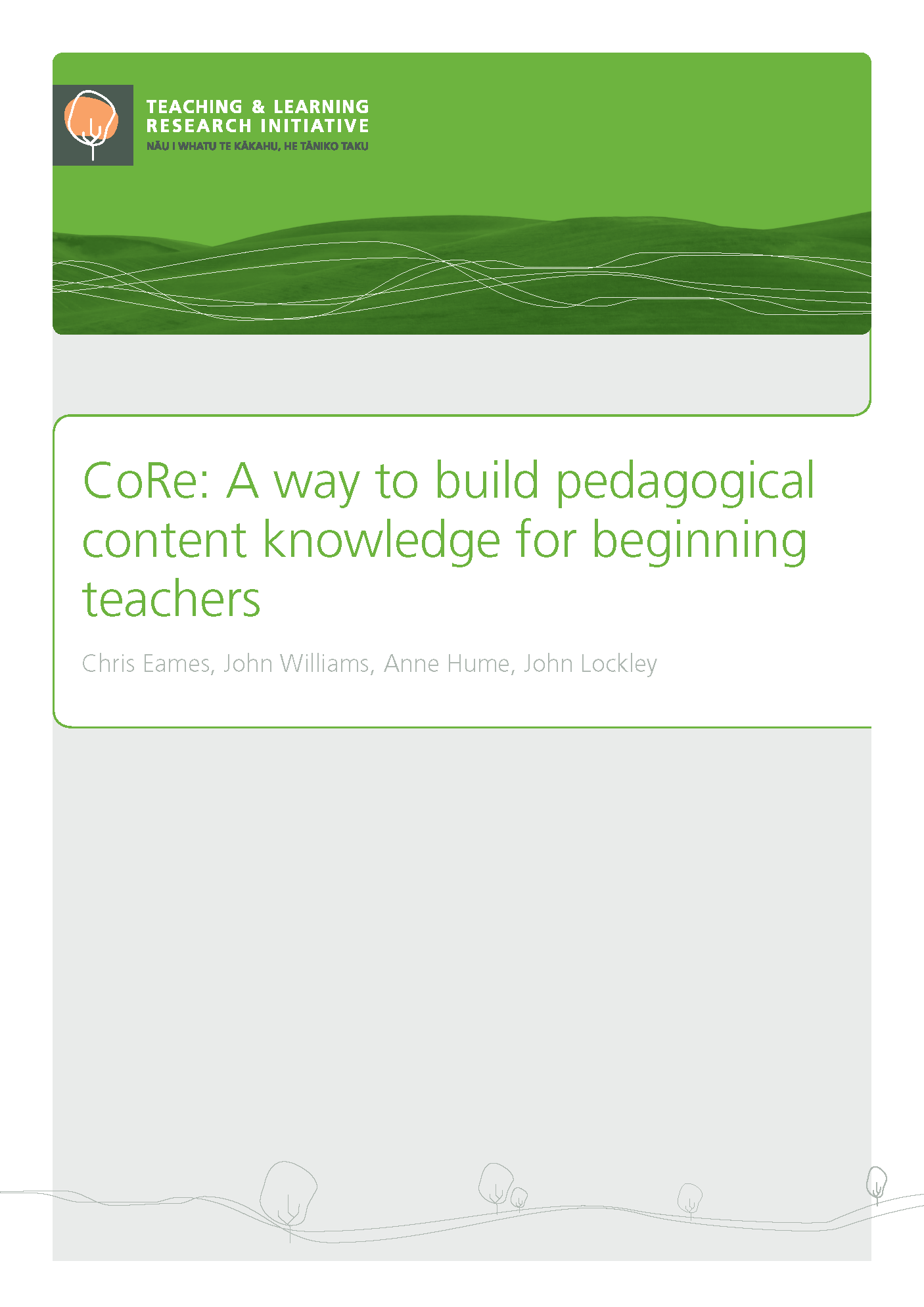
CoRe: A way to build pedagogical content knowledge for beginning teachers
Research has shown that one of the factors which enables teachers to be effective is their rich pedagogical content knowledge (PCK). Beginning teachers need support to develop this PCK and recent research in the field has proposed a conceptual tool known as “content representations”, or CoRes, as a model for doing this. The study reported here brought together science and technology experts in content and pedagogy, early career secondary teachers, and researchers to design a CoRe to assist development of teacher PCK. The study then researched the early career teachers’ use of the CoRe in their planning and delivery of a unit in their classrooms to examine the effect of the

